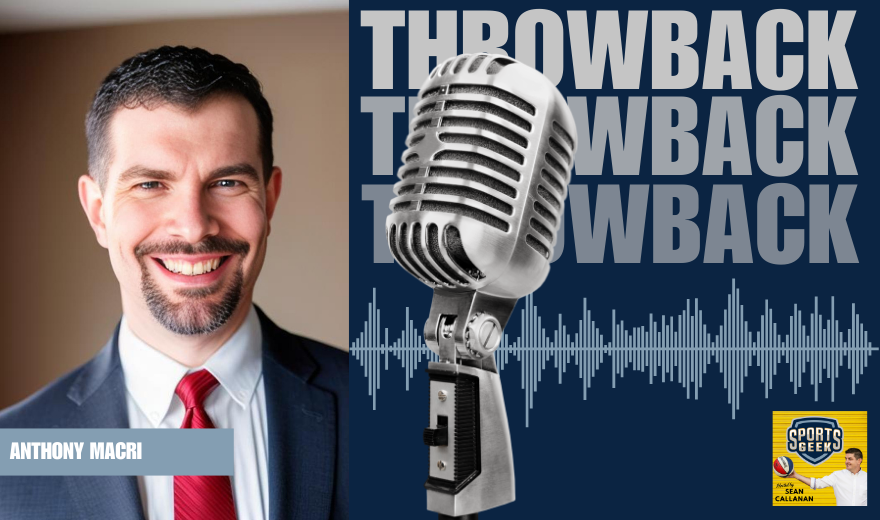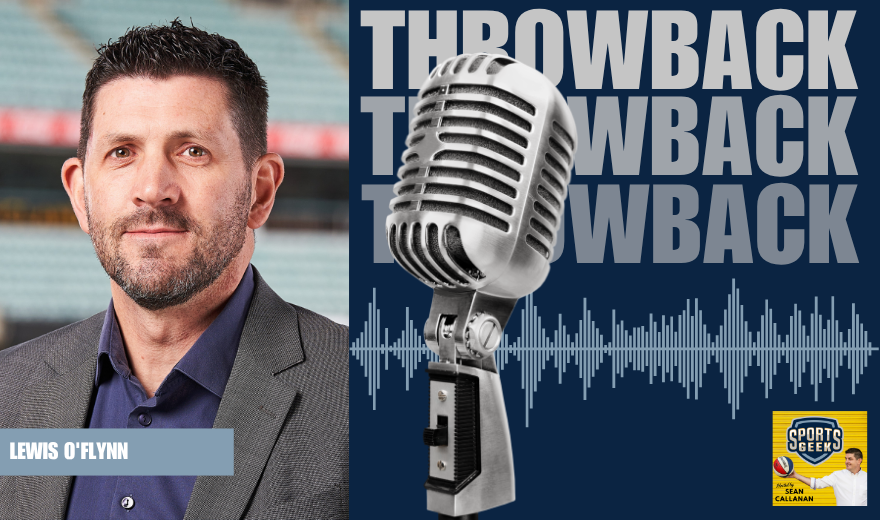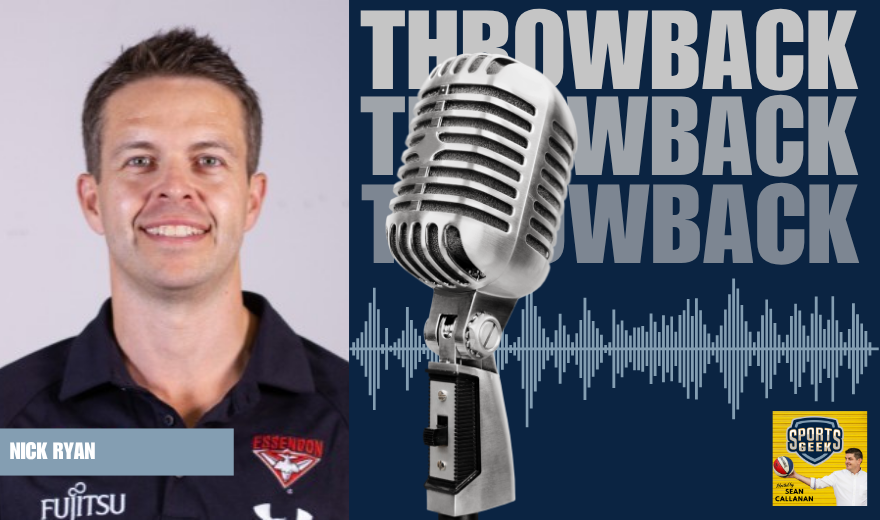This transcript has been lightly edited by AI
Sean: But that piece of getting the, it's a balancing act as a league to, You want to grow the league, but then you also need good partners. And that's what the teams are. How was that process of, you know, cause it's not just rewriting the constitution of the league. You actually need people coming in and sort of buying in. How was that process?
Anthony: Well when you're a commissioner of a league and obviously I want to compare myself to the great commissioners that come along but job is not altogether that different that the team owners are your boss but they also have interest and what we found was going in one of the observations we made before even really getting started was that the league interest and the team interest were not aligned though the league wanted certain things the teams wanted certain things
And when that's the case, you have such a conflict constantly. There's just a battle over who's going to win at what and at what cost. And once we kind of describe that if we could move in a direction where it would be beneficial for the teams and the league to have aligned interests, where we're focused as a league on certain regional things, regional television rights, regional sports sponsorships.
that really ended up being more beneficial to the teams. If we were focused on and making sure that there was a fair and equitable sense of play, that we were monitoring for things like match fixing and other pieces, that we were helping the teams to secure local partners and local TV rights opportunities, local broadcast media rights, once they recognize that it was, and I guess quite frankly, once the league recognized that its role is to support the teams and that the teams can't function without a league.
There's a symbiotic relationship. It becomes easier. Now easy is relative because you still have, in the case of the ASEAN League, and these guys are still friends, but in each country, a set of a couple, one or two or three millionaire, billionaire owners investing in what is really a niche sport in most of these countries.
Anthony: They know they're not getting in it to make a lot of money. They're actually getting in it knowing they're gonna lose money But doing it to support the sport in the country To support their local communities and in some cases they align their businesses with the teams that they were sponsoring so You know Ruben Nangalanam in Malaysia owned was a part owner in the Malaysia Dragons and he the name of the team is the West
ports Malaysia dragons and his family owned West ports, owned the port of Malaysia. So, you know, pretty common kind of dynamic there. And once they recognized that we were trying to build a structure where the interests were aligned and everyone had something to gain from one another's success, that we were partners off the court and competitors on the court, that made a huge difference in kind of securing buy-in.
Sean: Yeah.









